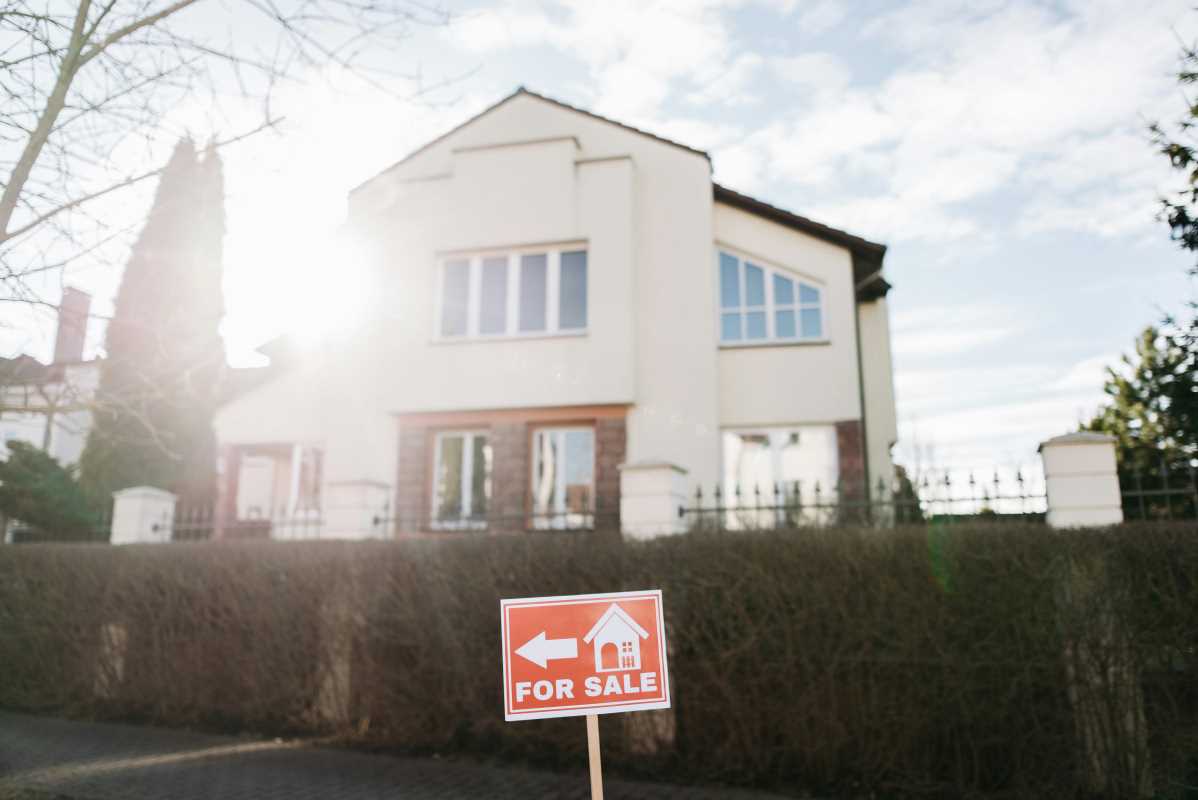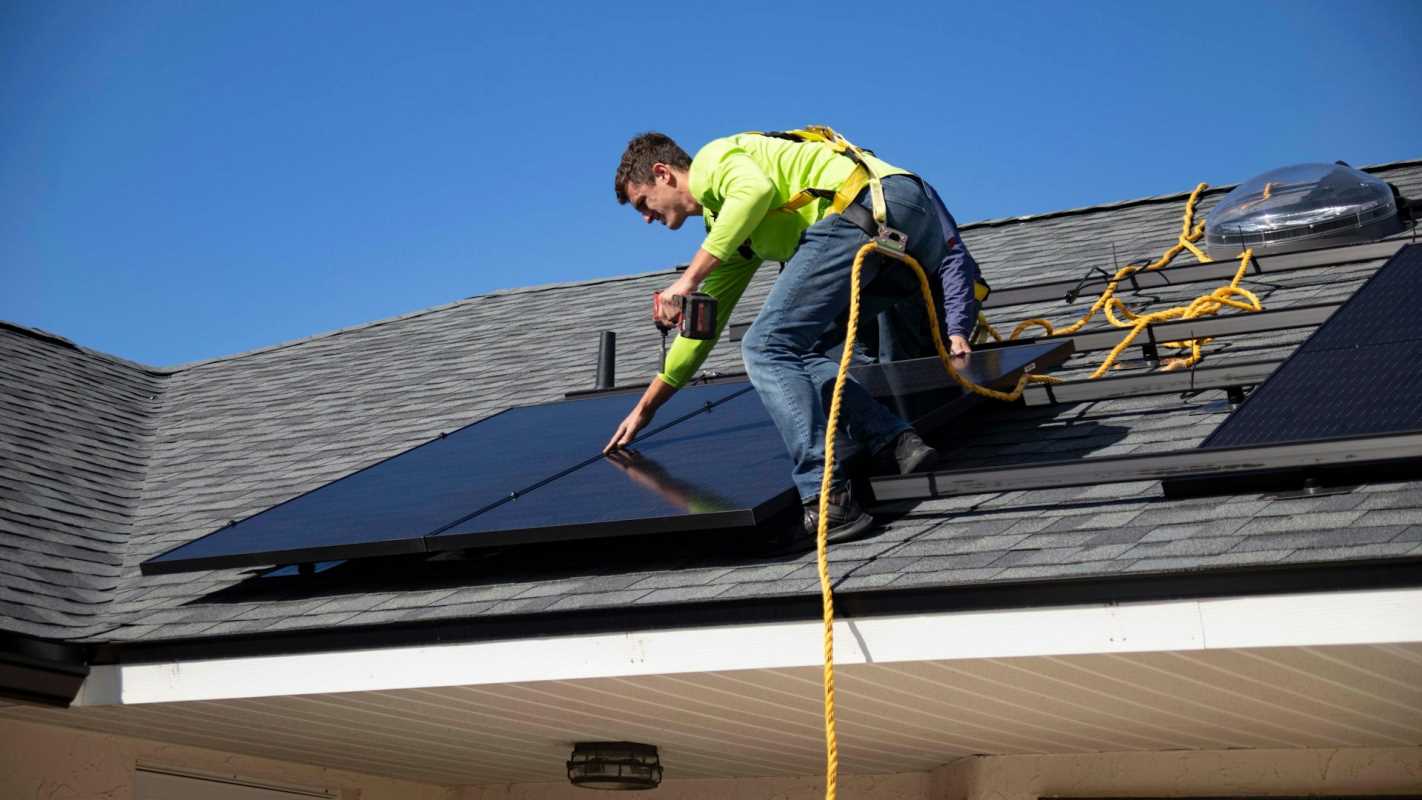Your home is more than just a roof over your head; it’s where your life unfolds, memories are made, and your routines take shape. But what happens when your current space no longer fits your needs or lifestyle? Maybe your family is growing, or you crave a home office, or perhaps your neighborhood just doesn’t feel right anymore. The big question arises: Should you upgrade your current home or move to a new one?
Deciding between renovating your existing house or starting fresh in a new place isn’t easy. Both options come with benefits and challenges, and the right choice depends on your unique situation. Here’s a guide to help you weigh the factors and make a decision that works for you.
What’s Driving Your Decision?
Before exploring your options, take a step back and think about what’s prompting the desire for change. There’s often more than one reason behind the urge to upgrade or move.
- Space Issues: Are you running out of room as your family grows? Or do you have too much empty space as kids leave the nest?
- Location: Is your commute exhausting, or do you dream of a neighborhood with better schools or amenities?
- Lifestyle Changes: Are you craving a modern kitchen, a bigger backyard, or space for a home office?
- Repairs and Renovations: Does your home feel dated, or does it need costly repairs?
Pinpointing the core reasons behind your dissatisfaction will clarify whether renovation or relocation is best for addressing them.
Factor #1: Your Budget
Budget is one of the biggest deciding factors when choosing to upgrade or move. Both options involve financial commitments, but they differ in scale and type.
Should You Upgrade?
Renovations can breathe new life into your current home and make it more functional for your needs. But they come with costs that can quickly add up.
- Cost considerations:
- Minor upgrades like a kitchen remodel or fresh paint are relatively affordable and can boost your home’s value.
- Major renovations (e.g., adding a second story or gutting the interior) often cost tens of thousands of dollars.
- Tip:
- Get multiple quotes from contractors and build a buffer for unexpected expenses (about 10-15% of your projected budget).
If the costs align with your budget and the upgrades will significantly improve your quality of life, staying put might make sense.
Should You Move?
Moving brings its own financial challenges, such as real estate commissions, closing costs, moving expenses, and possibly higher property taxes. However, in some cases, the price of buying a new home may be comparable to or less than the cost of extensive renovations.
- Evaluate:
- How much new homes in your desired area cost versus renovation estimates for your current home.
- Your ability to save for a down payment or qualify for a bigger mortgage if needed.
If upgrading your home exceeds your budget or doesn’t align with your long-term financial goals, it may be time to turn your attention to the housing market.
Factor #2: Emotional Attachment
For many homeowners, a house isn’t just four walls and a roof; it’s a place filled with memories, milestones, and sentimental value. If you’re deeply attached to your home, upgrading might be your first instinct.
Reasons to Stay
- You’ve built a strong connection to your community and neighbors.
- Your home holds personal significance, like the spot where your child took their first steps or where you planted your favorite tree.
- Moving feels stressful due to the logistics and emotional toll of leaving behind familiar surroundings.
How to Decide If Moving Is Better
While emotions play a role, they shouldn’t be the sole factor in your decision. If your home can’t meet your needs—even with renovations—it might be time to create new memories elsewhere. Remind yourself that it’s the people, not the property, that make a house a home.
Factor #3: Location, Location, Location
Your home’s location is one thing you can’t change. If it no longer works for your lifestyle, no amount of renovation will fix it.
When an Upgrade Makes Sense
- You love the neighborhood with its proximity to work, schools, and amenities.
- Your current home ticks all the boxes except for minor tweaks like updated finishes or better storage.
Sticking to an area you already love makes upgrading worthwhile, especially if it matches your vision for the future.
When It’s Time to Move
- Your ideal location isn’t where you currently live (e.g., you want shorter commutes, access to a better school district, or a quieter setting).
- Rising property values and taxes make staying unaffordable.
Relocating to a more suitable neighborhood could increase your quality of life, even if it requires a little adjustment at first.
Factor #4: Future Needs
Think ahead when deciding whether to stay or move. Will your home still work for you 5, 10, or 20 years down the road?
Staying Put
- Upgrading your home can future-proof it. For example, adding an in-law suite now might make caregiving easier when aging parents move in later.
- If you anticipate changes like working from home more often, consider adding multi-functional spaces to accommodate shifting needs.
Moving On
If you foresee significant changes in your lifestyle that your current home can’t accommodate, moving might be better long-term. A new home could provide you with:
- More space for a growing family.
- A layout better suited to aging-in-place (e.g., a single-story home).
- Proximity to career opportunities or retirement goals.
Make sure both the location and size of your next house align with your future plans.
Factor #5: The Real Estate Market
Understanding market conditions is essential when deciding whether to upgrade or sell. Conditions like a hot seller's market or rising construction costs may impact your decision.
When to Stay and Upgrade
- If it’s a seller’s market and you know buying a replacement home will mean stiff competition, renovating might be less of a hassle.
- High construction material prices could make big renovations cost-prohibitive, but small upgrades might still be feasible.
When to Move
- If home prices in desirable neighborhoods have dropped or you find a buyer’s market, you could snag a great deal.
- If your home’s value has significantly appreciated, selling now might be financially advantageous.
Consult with a real estate agent or contractor to understand the current market trends and costs associated with both moving and renovating.
Key Questions to Ask Yourself
When you’re torn between upgrading and moving, these questions can help bring clarity:
- What’s my total budget, and how much change do I want/need?
- Can my current home meet my future needs with renovations?
- Do I love my current neighborhood, or is it time for a new scene?
- How much time and energy am I willing to dedicate to renovations or the moving process?
- Is the real estate market favorable for selling or buying?
 (Image via
(Image via

.jpeg)



